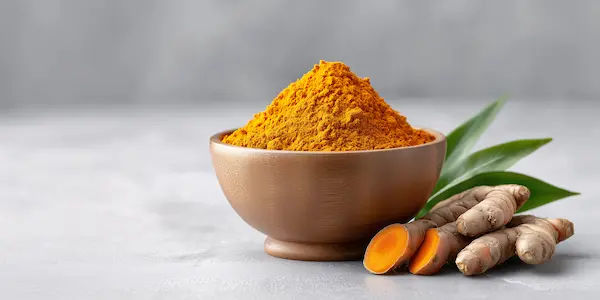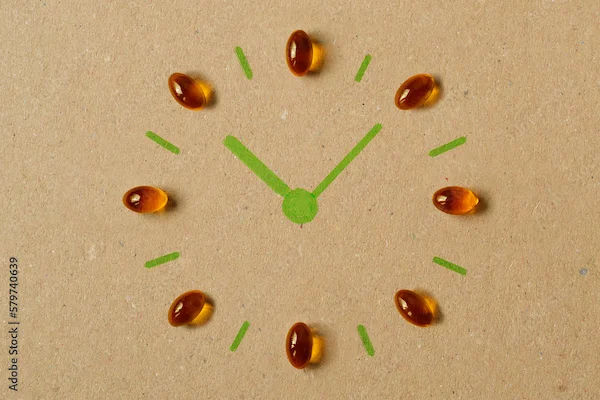Moringa Powder and Its Effects on Diabetes
Discover how Moringa powder can help manage diabetes naturally. Learn its blood sugar benefits, precautions, dosage, and simple ways to include it in your daily diet.


Introduction
Living with diabetes can be challenging, but nature offers some incredible remedies that may help manage the condition. One such superfood is Moringa powder, derived from the leaves of the Moringa oleifera tree, also known as the "drumstick tree." Packed with nutrients and health benefits, Moringa powder has gained attention for its potential role in diabetes management.
In this article, we’ll explore how Moringa powder may help with diabetes, its benefits, precautions, and how you can incorporate it into your diet.
What is Moringa Powder?
Moringa powder is made by drying and grinding the leaves of the Moringa tree, which is native to India and other tropical regions. It has been used for centuries in traditional medicine due to its rich nutritional profile, including:
Vitamins (A, C, B vitamins)
Minerals (calcium, potassium, iron, magnesium)
Antioxidants (quercetin, chlorogenic acid)
Protein and fiber
Because of its high nutrient density, Moringa is often called the "miracle tree," and research suggests it may help regulate blood sugar levels.
How Does Moringa Powder Help with Diabetes?
1. Lowers Blood Sugar Levels
Studies indicate that Moringa contains compounds like chlorogenic acid and isothiocyanates, which may help reduce blood sugar spikes after meals. Some research has shown that Moringa leaf powder can lower fasting blood sugar levels in people with diabetes.
2. Improves Insulin Sensitivity
Moringa may enhance the body’s ability to use insulin effectively, which is crucial for people with type 2 diabetes who struggle with insulin resistance.
3. Reduces Inflammation and Oxidative Stress
Diabetes is often linked to chronic inflammation and oxidative stress. Moringa’s antioxidant properties help combat these issues, protecting cells from damage and improving overall metabolic health.
4. Supports Heart Health
People with diabetes are at higher risk of heart disease. Moringa may help by:
Lowering cholesterol levels
Reducing blood pressure
Preventing plaque buildup in arteries
How to Use Moringa Powder for Diabetes?
Moringa powder has a mild, earthy taste and can be easily added to your daily diet. Here are some simple ways to consume it:
Moringa Tea – Mix ½ to 1 teaspoon of Moringa powder in hot water. Add honey (in moderation) or lemon for taste.
Smoothies – Blend Moringa powder with fruits, yogurt, or almond milk.
Sprinkle on Food – Add it to soups, salads, or curries.
Capsules or Tablets – Available as supplements for convenience.
Health topic carousel:
Doctor's speciality: General Practitioner
Text: Consult an Specialist for the best advice
Recommended Dosage:
1 to 2 teaspoons (3–6 grams) per day is generally safe.
Start with a small amount to check tolerance.
Precautions and Side Effects
While Moringa powder is beneficial, it’s important to use it wisely:
May Lower Blood Sugar Too Much – If you’re on diabetes medication, consult your doctor before taking Moringa to avoid hypoglycemia (low blood sugar).
Pregnancy Concerns – Pregnant women should avoid Moringa in large amounts as it may cause uterine contractions.
Digestive Issues – Some people may experience mild stomach upset or diarrhea if consumed in excess.
Always monitor your blood sugar levels when introducing Moringa into your routine.
Other Health Benefits of Moringa
Beyond diabetes, Moringa offers several health perks:
Boosts Immunity – High in vitamin C and antioxidants.
Supports Digestion – Rich in fiber, aiding gut health.
Enhances Energy Levels – Contains iron and B vitamins.
Promotes Healthy Skin & Hair – Packed with vitamins A and E.
Lifestyle Tips for Better Diabetes Management
While Moringa can help, a holistic approach is essential for diabetes control:
Eat a Balanced Diet – Focus on whole grains, lean proteins, and fiber-rich foods.
Stay Active – Regular exercise improves insulin sensitivity.
Stay Hydrated – Water helps regulate blood sugar.
Regular Check-ups – Monitor blood sugar, cholesterol, and blood pressure.
When to Consult a Doctor?
If you’re considering Moringa powder for diabetes management, it’s best to:
Discuss with your doctor – Especially if you’re on medication.
Monitor your blood sugar – Track changes after starting Moringa.
Look for quality products – Choose organic, pure Moringa powder without additives.
For personalized diabetes care, you can book a consultation with an endocrinologist or nutritionist through Apollo 24|7.
Final Thoughts
Moringa powder is a natural, nutrient-packed supplement that may help in managing diabetes by improving blood sugar control, reducing inflammation, and supporting overall health. However, it should not replace prescribed medications but can be a helpful addition to a balanced diet and healthy lifestyle.
If you’re interested in trying Moringa, start with small doses and observe how your body responds. And remember, always consult your healthcare provider before making significant changes to your diabetes management plan. Schedule a consultation with an expert today and take a step toward better health!
Health topic carousel:
Doctor's speciality: General Practitioner
Text: Consult an Specialist for the best advice


.webp)

